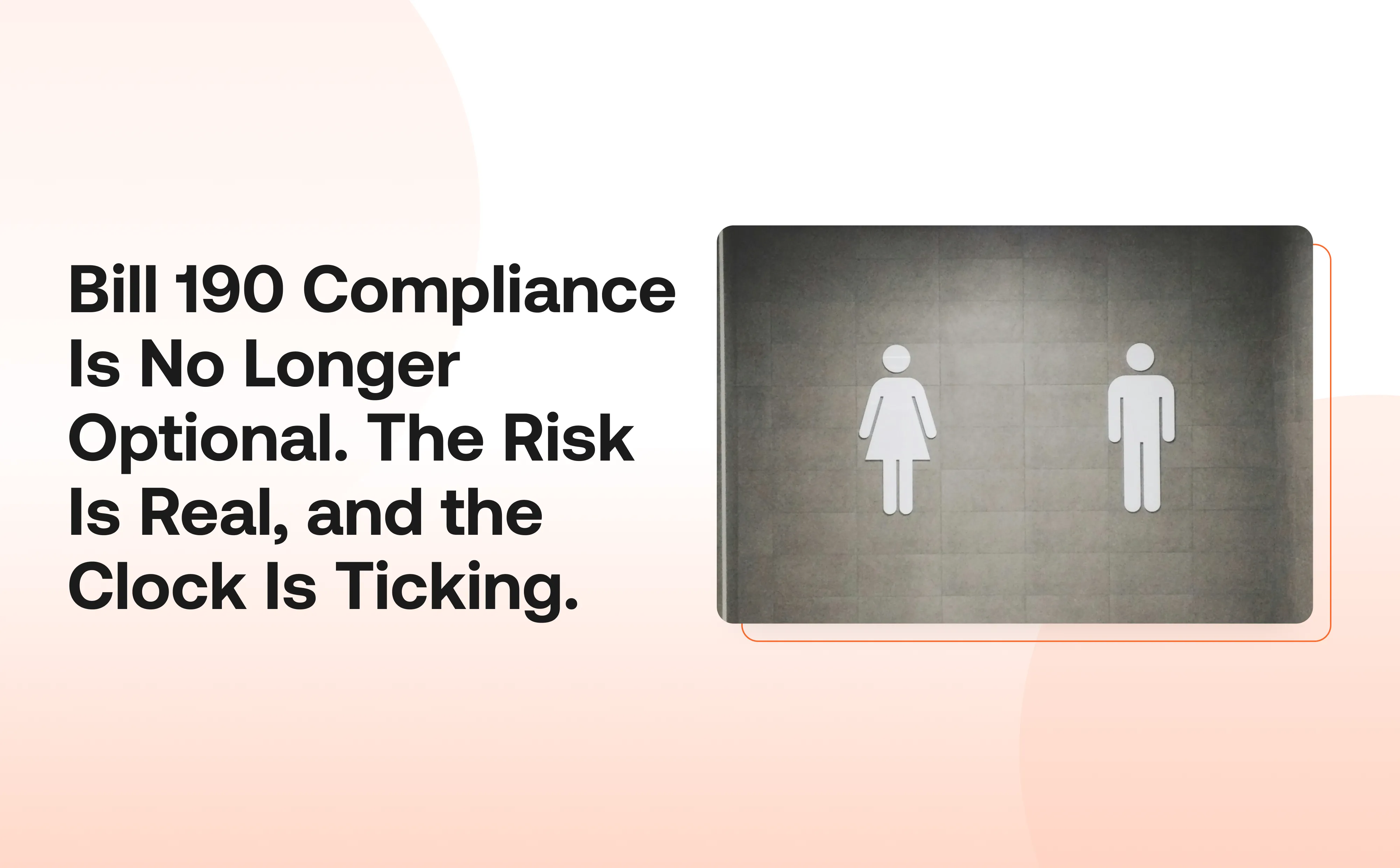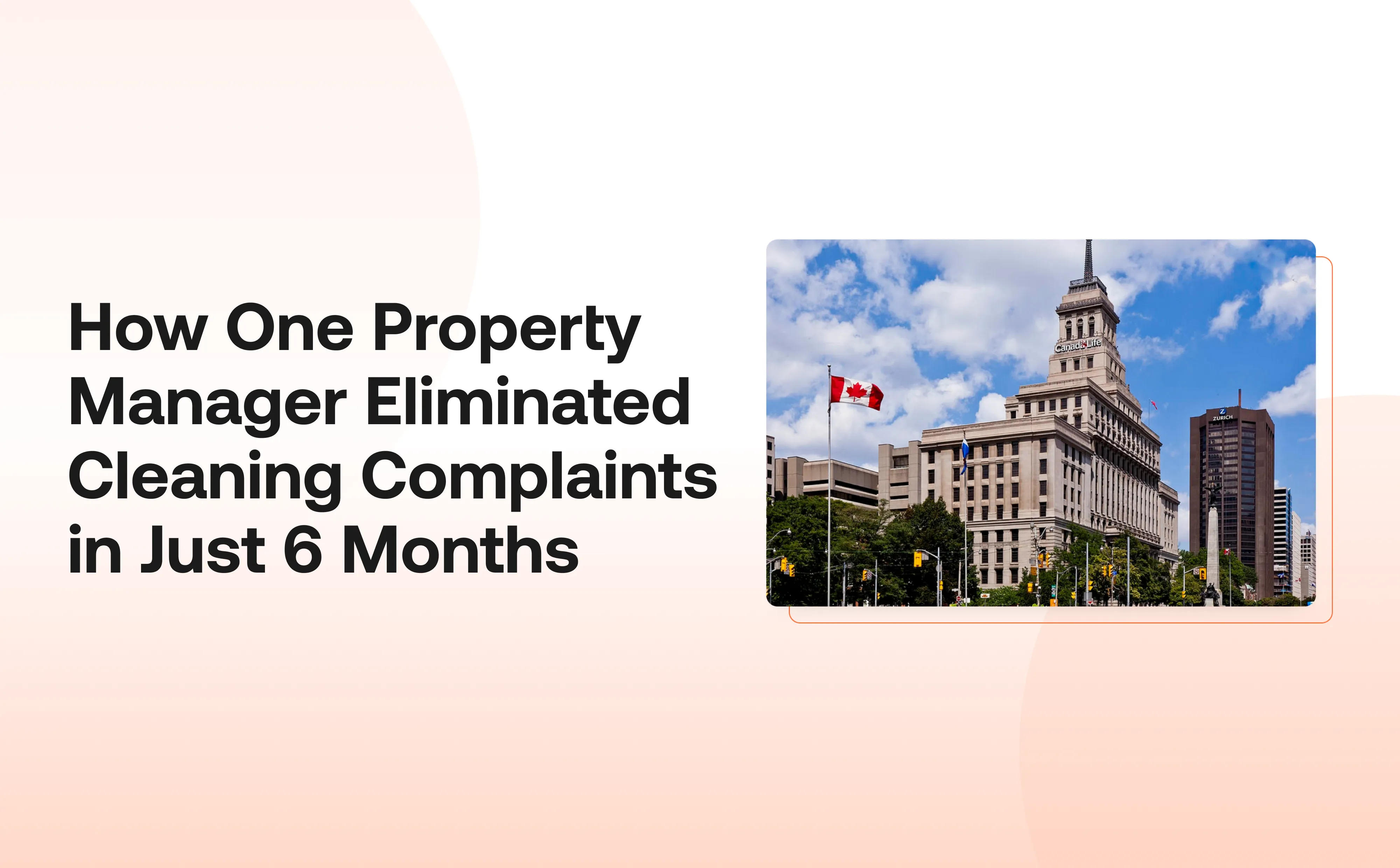

Real-Time Cleaning Technologies Shaping the Future of Sanitized Travel
August 19, 2020
•
min to read
Real-Time Cleaning Technologies Shaping the Future of Sanitized Travel

August 19, 2020
•
min to read


Real-Time Cleaning Technologies Shaping the Future of Sanitized Travel

August 19, 2020
•
min to read

Real-time cleaning technologies shaping the future of sanitized travel
This is a cross-post written by Nathan Mah, originally posted on the SimpliFlying Launchpad blog.
With most governments warning against non-essential travel, the number of people traveling during COVID-19 has dropped 97% in 2020 from the previous year. This doesn’t mean, however, that airports and flights are empty. Far from it. There are still hundreds of thousands of people traveling worldwide. Moreover, projections estimate we will be back to 80% of normal capacity by the start of 2021.
For the aviation industry to recover efficiently, enhanced sanitation needs to be a part of a three-stage approach that includes testing before traveling and contact tracing on arrival. Now it’s about more than just saying you’ll keep your building clean; it’s about having a plan. More than anything else, it’s about making people feel safe.
And not just travelers, either. This safety blanket needs to extend to employees too.
The Rise of Sanitized Travel post-COVID-19
One thing is for sure, air travel will not be the same as we knew it before the coronavirus hit us. Recent research reveals that more than 70% of travelers surveyed ranked sanitation as more important than the cost of travel. This underscores what many corporations already know: cleanliness is now an important piece of messaging in corporate marketing and all airlines must have a response if they don’t want to get left behind.
After all, fewer people are traveling and airports are generating less revenue but needing to spend more.
AirCanada is an excellent example of a corporation that has decided to tackle this unsettling problem head-on. Their CleanCare+ initiative is an industry-leading program “committed to end-to-end health and safety protocols” in accordance with public health guidelines. From virtual queuing to their new TouchFree Bag Check and meticulously cleaned planes and lounges and more hand-sanitizer dispensers placed around the airport, AirCanada has developed new biosafety standards while also strengthen preventative procedures.
The bar has been set high, and airports should ask themselves if they are rising to the occasion.
Where We Stand: Current Cleaning Solutions
Of course, airports and airlines are not completely without resources to keep guests and employees safe and areas clean. Protocols and tools like old-school bathroom cleaning logs, touchless faucets, contactless soap dispensers, and air dryers are powerful ways to create a safer, cleaner environment.
One of the best airports in the world, Changi Airport in Singapore, has stepped up cleaning measures and is exploring multiple innovations to create a safer travel environment. Boeing has even designed a prototype self-cleaning lavatory that sanitizes all surfaces after each using ultraviolet rays to kill 99.9% of pathogens.
The latter is a visionary solution, to be sure, but also a costly one. And one that is not ready to implement at present.
The Airport Sanitization Stop-Gap
Enhanced sanitization is unquestionably a good thing, but loading up on supplies and implementing new procedures are only a temporary fix. After all, supplies need to be replenished and procedures need to be adhered to rigorously.
Since COVID-19, there has been a 40% increase in the usage of hand sanitizers and soap is still being used frequently. With such an increase in demand for supply comes a strain on an already overwhelmed cleaning staff — a staff that is operating with fewer people thanks to nationwide COVID lay-offs.
In fact, many commercial cleaning companies have laid-off over half of their workforce in the wake of COVID-19, leaving fewer people to do more work and creating a tremendous amount of pressure on staff.
This is were smart cleaning technologies come in.
Where We’re Going: Dynamic Sanitization Technology
Technology has never been so vital, helping to track, predict, and promote safety and comfort for everyone in airports and on flights. As one of the SimpliFlying Launchpad residents, Mero is leading the way in sanitization technology with a suite of products to support a happier and healthier return to public spaces.
As soon as Mero’s peel-and-stick sensing solution is installed, it starts providing value. Real-time alerts to cleaning staff allow for full supply utilization by eliminating early roll changes and reducing unnecessary trips to remote restrooms. The best part: the simple 30-second installation can be handled by the same cleaning staff.
With smart cleaning airports can save up to 35% of supplies instantly, meaning up to $100k+ saved annually.
Not only that, but labour efficiency can also improve by 20%. Mero’s three core products are of particular interest to airports and airlines:
- Real-time monitoring of supplies: MeroSupplies allows the cleaning staff to track essential supplies like soap and paper towels so they don’t run empty. This reduces supply waste and results in a better ROI for airports that will carry over into a post-pandemic world. All of this available on existing dispensing equipment for easy install and set-up.
- Real-time tracking of busy areas: MeroTraffic helps reduce crowding and dispatch cleaning staff to high traffic areas. This product optimizes the labour that’s already working on-staff at the building, through a simple battery-powered sensing device.
- Providing peace of mind: With MeroComfort, airports can visualize and display key cleanliness metrics to visitors to provide peace of mind. Direct guests to more recently cleaned restrooms and facilities.

Mero can be easily retrofitted with existing dispensers. They are already deployed with YYZ and piloting with other airports. The results? A healthier environment, healthier people, and a healthier bottom line.
Are you looking for a smarter way to manage supplies that can save you both time and money? Learn more here or request a demo here.




